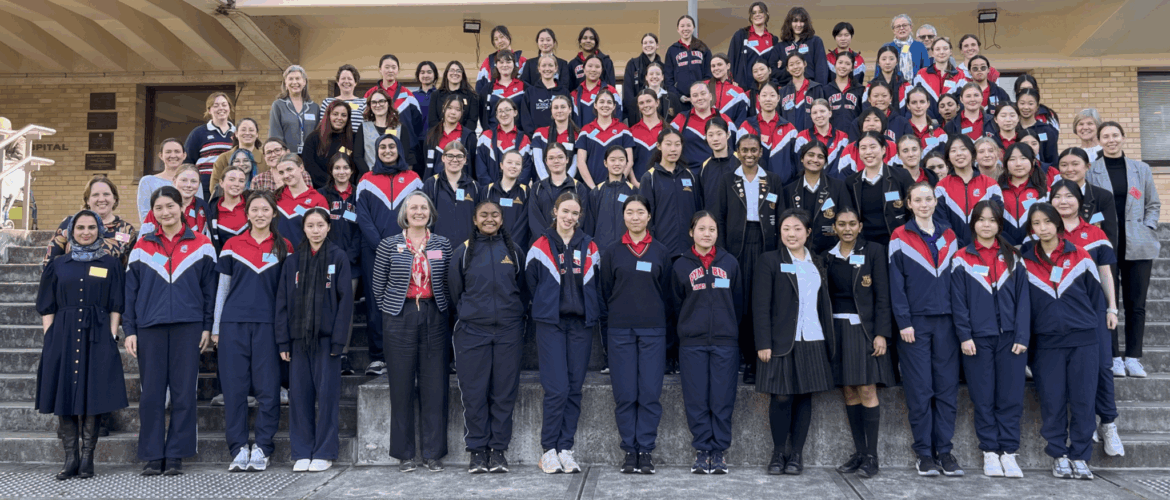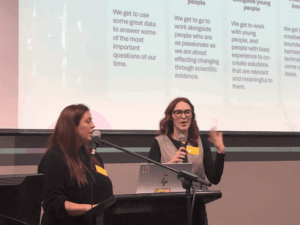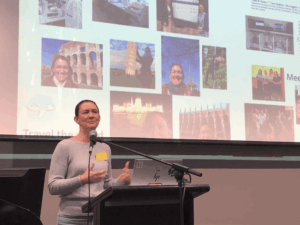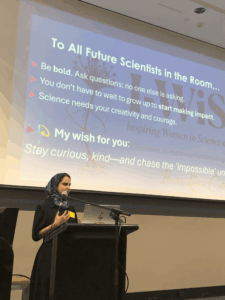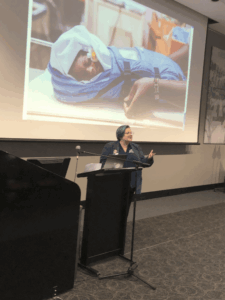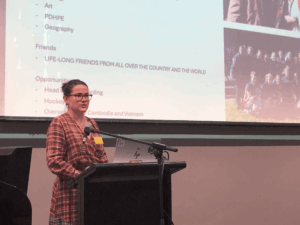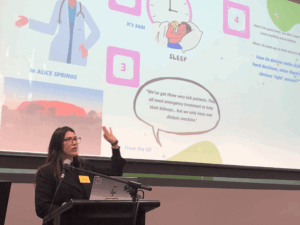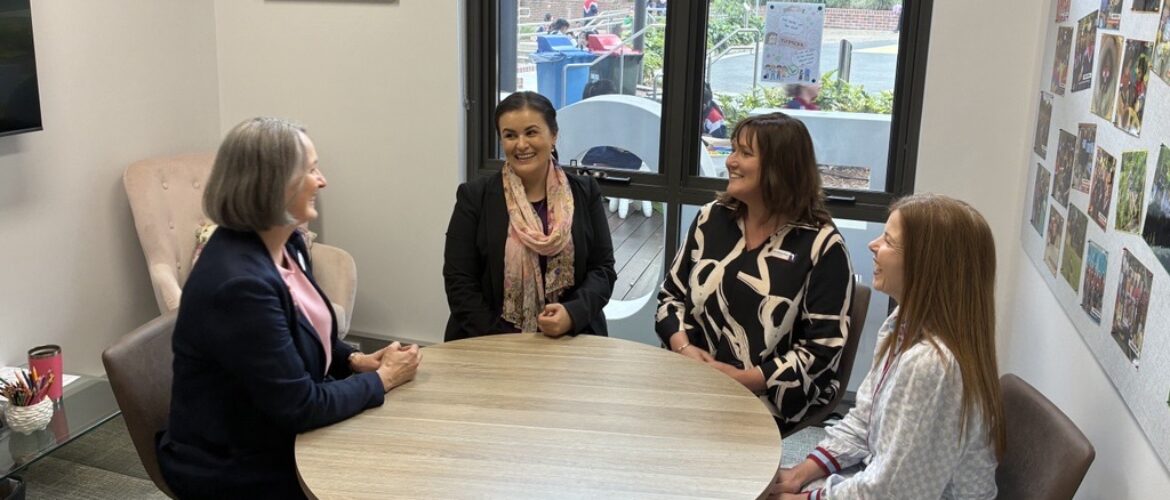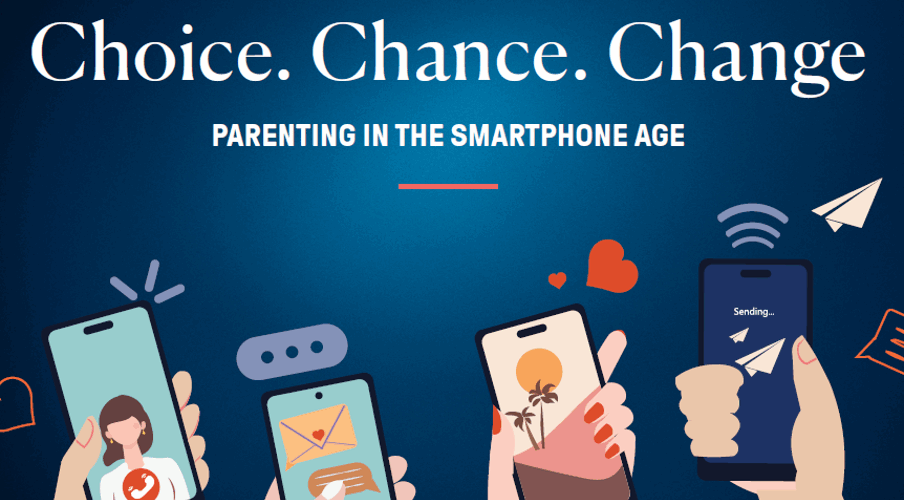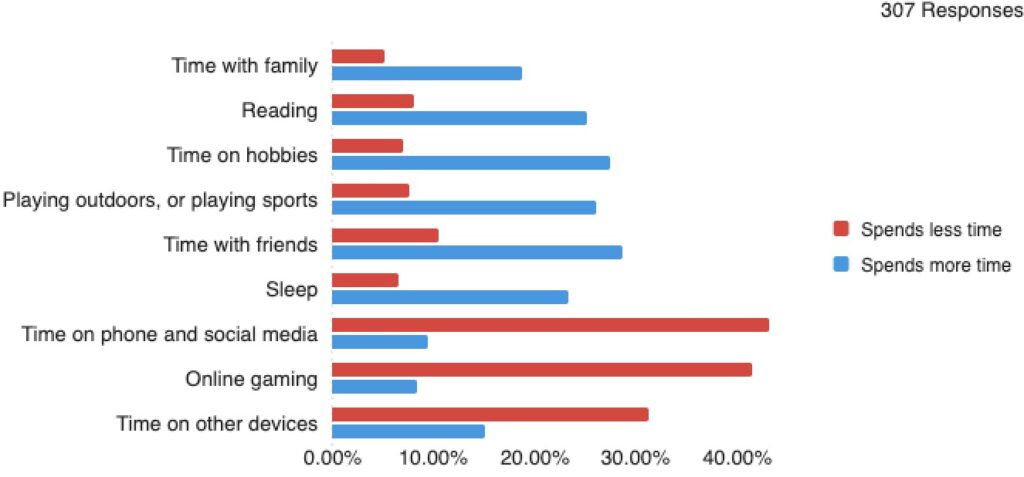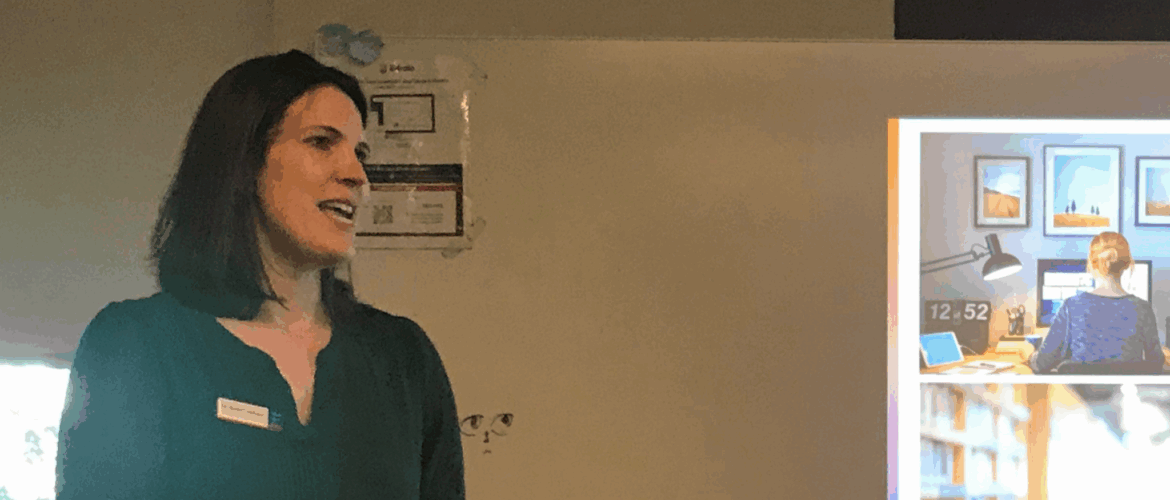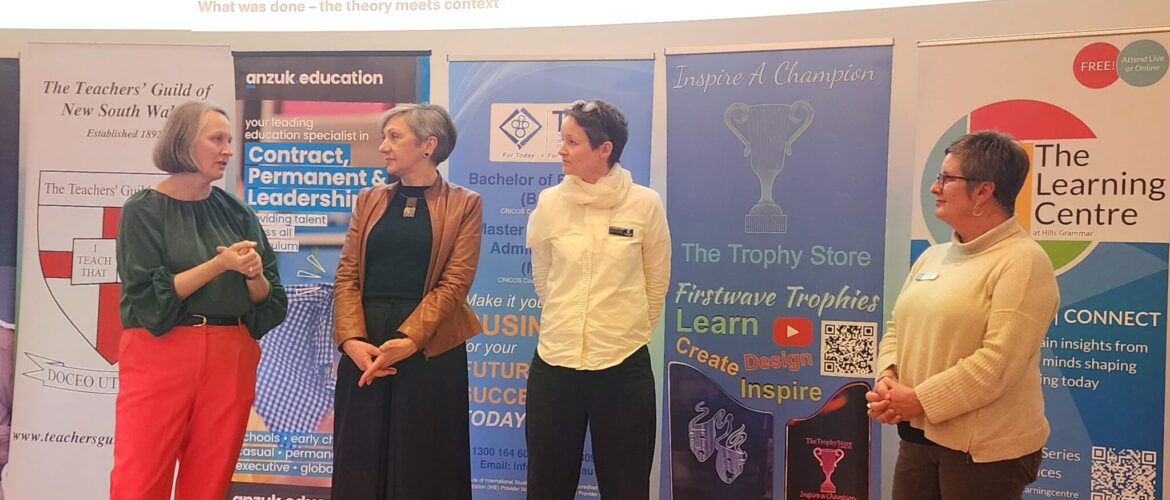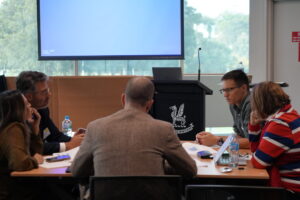Editorial – Dr Sarah Loch
As we move through the school year, the spirit of collaboration and inquiry in educational research remains at the fore in the work of the Pymble Institute. Recently, I had the privilege of co-planning and hosting Pymble’s Inspiring Women in Science and Health (I-WiSH) conference for Year 10 students and co-presenting with a team of amazing colleagues at the Teachers’ Guild of New South Wales conference at the University of Technology Sydney. These very different activities were energising opportunities to promote the role of research in schools to very different audiences and, if you have time, the short video about our first ever I-WiSH conference shows how academics with exciting research projects find a home at Pymble Ladies’ College. Women working in Science and Health who can see themself being part of I-WiSH are welcome to contact me for more information.
A key focus remains our efforts to support Pymble’s Wise Phone Initiative through research and we are now preparing the mid-2025 report with the help of Dr Jon Sae-Koew, a biostatistican who brings his love of statistics to my passion for qualitative methodologies. In this newsletter, we update readers on the International Coalition of Girls’ Schools conference in the USA where phones in schools were a growing concern to the global field of educators in attendance. Listening to colleagues from the USA and UK share how they are starting to manage phone use during the school day, reaffirmed the importance of Pymble’s commitment to changing habits and preventing phone addiction by offering a safe alternative. I am proud that research is contributing to the College’s work in this area.
Continuing the theme of connection and contribution, alongside a group of dedicated colleagues, Dr Mariel Lombard, Dr Joshua McDermott, Rev Dr Cass Blake, Dr Ryan Stewart and Mrs Victoria Adamovich, I have enjoyed being part of research support drop-in sessions to provide support to staff – helping turn innovative ideas into research projects and the confidence to pursue a tertiary enrolment. Encouraging Pymble staff to apply for the College’s professional learning grants is another way we are nurturing a culture of continual growth, and we look forward to highlighting one of the 2025 Grants in the next edition.
I hope you enjoy reading the updates in this newsletter and I thank you for your support and interest in our work at Pymble Ladies’ College.


